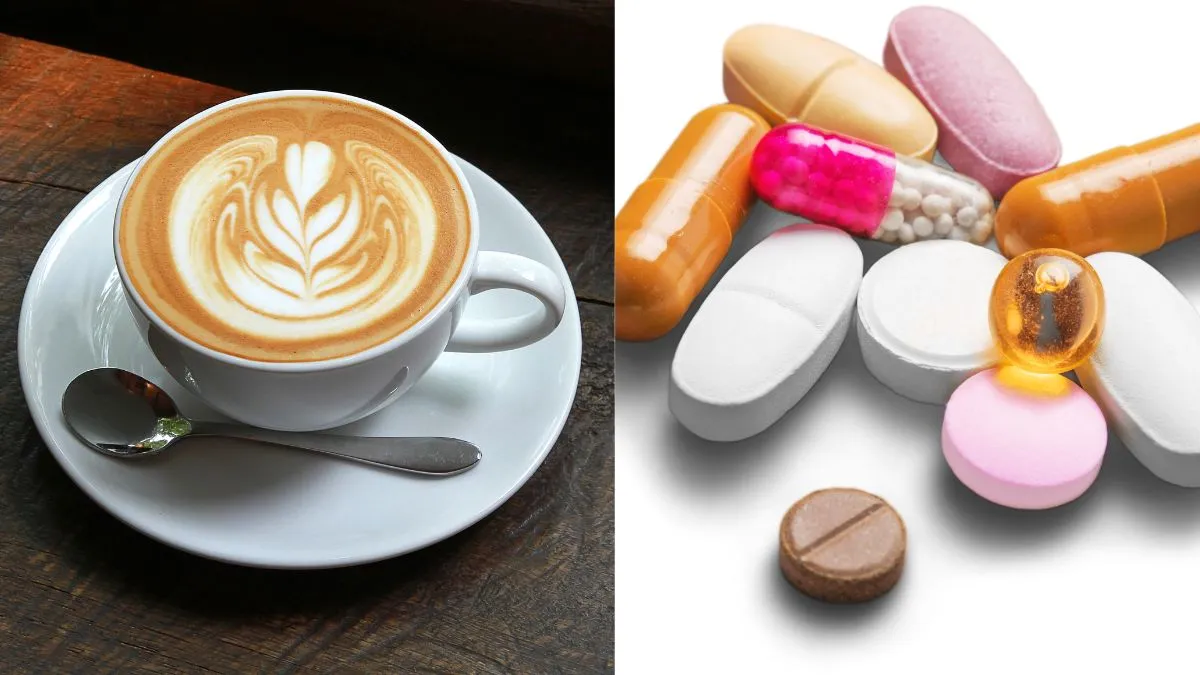When taking medication, it’s easy to overlook the potential impact of everyday foods and drinks. However, certain combinations can have serious consequences, altering the effectiveness of the medication or triggering unpleasant side effects. The interactions can be unpredictable, ranging from mild to severe and may even compromise the success of the treatment. To avoid these risks, it’s crucial to consider how your diet might interact with your medication. Certain beverages and even common fruits can undermine the treatment’s effectiveness or jeopardise your health.
Being mindful of these potential interactions is essential to ensuring your medication works safely and effectively. Here, we’ve compiled some common foods and drinks that you should never have with your medicine.
Things To Avoid With Medicine
Fruit Juices
Certain juices can wreak havoc when combined with medication. Grape juice, in particular, can alter the body’s metabolism, affecting how the liver processes drugs. Similarly, grapefruit juice can interact with statins and calcium channel blockers, posing risks to heart rate, blood pressure and overall health.
ALSO READ: 5 Calorie-Laden Food Combinations You Should Never Eat During Your Weight Loss
Cranberry Juice
Cranberry juice may pose a risk when taken with warfarin, potentially disrupting blood clotting levels, particularly in older adults. Compounds in the juice may interfere with the enzyme that breaks down warfarin, impacting its efficacy. Additionally, certain leafy greens can counteract warfarin’s effects, increasing the risk of blood clots.
Foods and beverages to never eat with medicine (Image Credits: Canva)
Cheese
Certain foods rich in tyramine such as aged cheeses and cured meats, can pose a significant risk to individuals taking MAOIs, a type of antidepressant. These foods can trigger a sudden and severe spike in blood pressure, known as a hypertensive crisis due to the blocked breakdown of tyramine.
Cruciferous Vegetables
Consuming large amounts of vitamin K-rich vegetables such as leafy greens and cruciferous vegetables can undermine the effectiveness of warfarin therapy. Sudden changes in diet can also impact the medication’s safety and efficacy, potentially leading to blood clotting complications or other adverse effects.
ALSO READ: 6 Foods You Should Never Eat With Ghee And Why These Pairings Are Harmful?
Coffee
Consuming coffee while taking theophylline, a bronchodilator can increase the risk of drug toxicity due to their shared xanthine content. This combination may amplify stimulatory effects on the central nervous system, leading to adverse effects like nausea, headaches and irritability, necessitating caution and careful dietary management.
Disclaimer: This content, including suggestions and advice, provides generic information only. It is in no way a substitute for qualified medical opinion. Always consult a specialist or your own doctor for more information before making any drastic changes in your lifestyle.
